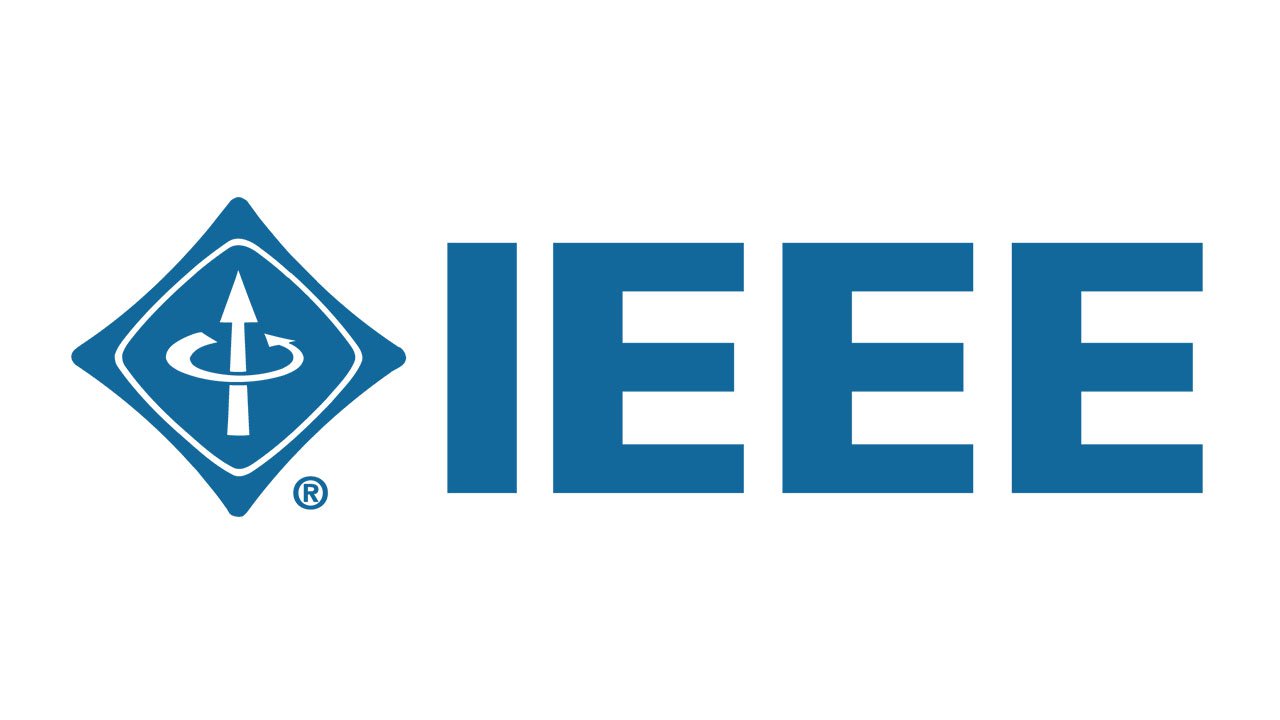ROSS 2023
The Cloud-to-Edge continuum has been used as an enabler to improve the performance of services and applications over different core network technologies. In more recent times, these networks handle a plethora of heterogeneous devices that provide services over multiple technological domains, increasing the complexity of management functions. To aggravate the situation, these devices are prone to performance degradation or even failure. In such a dense and diverse environment, self-organising and self-healing management solutions must prevail over manually configured solutions. Monitoring the assets can help detect performance drops that trigger self-organising solutions, speeding the recovery of the services and preventing any disruption of Service Level Agreements (SLA). The zero-touch self-healing approach focuses on improving fault management and other orchestration tasks by minimising and/or eliminating human intervention by allowing a set of devices in a delimited area to oversee the gathering of data processed and analysed by different mechanisms that enable seamless fault recovery. The workshop will focus on mechanisms that allow performing educated decisions about automated fault mitigation; as well as autonomous and self-optimised collaboration solutions to automate the cloud-to-edge continuum orchestration functions.
The workshop will focus on mechanisms that allow performing educated decisions about automated fault mitigation; as well as autonomous and self-optimised collaboration solutions to automate the cloud-to-edge continuum orchestration functions. ROSS will be hosted and organized as part of The 48th IEEE Conference on Local Computer Networks (LCN) 2023.
Topics:
- AI/ML integration in service and network management decision-making, including resource optimisation
- AI-based zero-touch approaches for heterogeneous and cross-domain network infrastructures
- Self-organising and self-healing models for edge/device-to-network integration, MEC, and heterogeneous infrastructures
- Adaptation approaches of legacy architectures towards self-organising networks
- Automated service offloading in the Cloud and Edge
- Reliability, trust modelling and zero-trust approaches as an enabler for self-organising and self-healing networks
- Slice life-cycle management using self-healing solutions
- Security considerations for self-healing networks: threat models and countermeasures
- Forecasting, anomaly detection, fast failure recovery & high availability of self-healing networks
- Automated SLA management and QoS guarantees in self-organising infrastructures
- Dynamic service migration and service placement in self-organised networks
- Federated learning and AI models for efficient data collection and resource modelling
- Use cases and requirements to move towards self-organised and self-healing networks
- Federated AI models for efficient data collection and resource monitoring
- Architecture design and implementation for self-organised and self-healing infrastructures
- Self-organising and self-healing solutions for 5G and 6G networks
- Smart mechanics for mobility and urban computing
Call For Papers
ROSS looks for original research and practical experience papers.
Important Dates
Manuscript submission deadline is May 31st, 2023
June 14th, 2023.
Submission
Submit your papers at the
EDAS webpage.
Supported by
